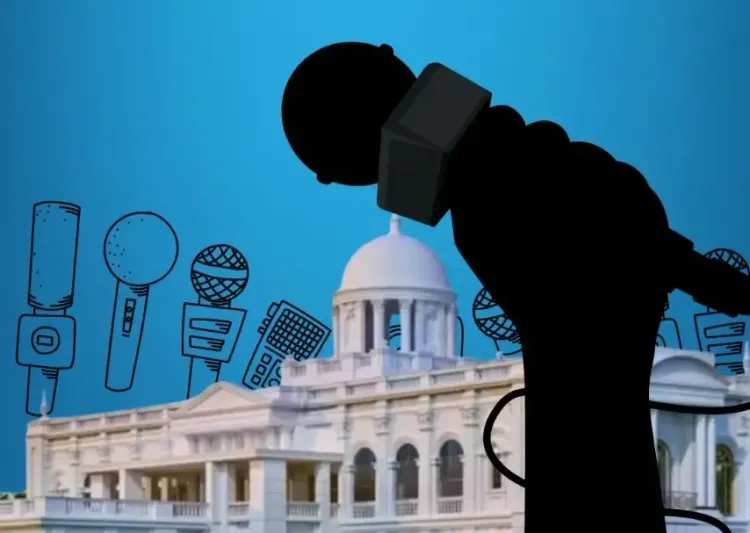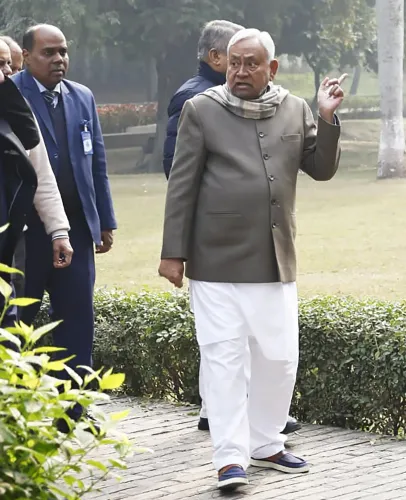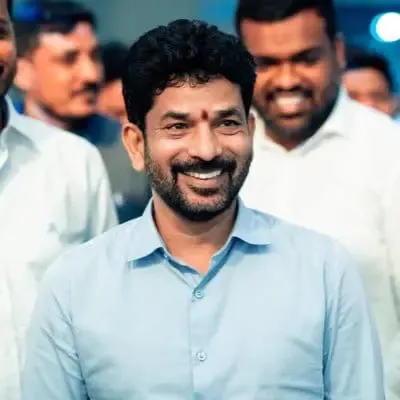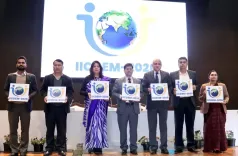Why Do Over 100 Journalists Worldwide Call the Sheikh Hasina Verdict 'Biased' and 'Non-Transparent'?

Synopsis
Key Takeaways
- Over 100 journalists globally are concerned about judicial integrity in Bangladesh.
- The ICT has been criticized for its lack of transparency and political influence.
- Teachers in Bangladesh have rejected the verdict as fabricated.
- The ruling raises alarms about democracy and the rule of law.
- The demand for impartial judicial processes is echoed by various sectors.
Dhaka, Nov 18 (NationPress) Numerous journalists from around the globe have raised significant alarms regarding the ruling against former Prime Minister of Bangladesh, Sheikh Hasina. They warn that the "biased and non-transparent" judicial procedures of the nation's International Crimes Tribunal (ICT) endanger the rule of law in this South Asian country.
This statement follows the ICT's announcement on Monday, which sentenced the former Prime Minister to death after finding her guilty of "crimes against humanity" related to the protests that occurred in July 2024.
Additionally, the ICT convicted two of Hasina's prominent aides, imposing the death penalty on former Home Minister Asaduzzaman Khan Kamal and sentencing former Inspector General of Police Chowdhury Abdullah Al-Mamun, who testified for the state, to five years in prison.
In a joint statement shared by the Awami League on social media, "We, 102 journalists from various media platforms both locally and internationally, express our deep concern regarding the current judicial actions and the verdict rendered today by the ICT of Bangladesh."
They further stated, "In recent weeks, the atmosphere surrounding the ICT has raised serious doubts about the judiciary's independence. Various statements, inconsistencies in legal proceedings, a lack of transparency, and evident political influence have collectively eroded public trust in the impartiality of the trial. The inability of the judiciary to operate independently poses a grave threat to democracy, human rights, and the rule of law."
The journalists are advocating for the immediate retraction of this ruling and the initiation of all judicial processes in a fully transparent and unbiased manner.
"Regardless of whether the accused is a political figure or an average citizen, justice should be served transparently, fairly, and without external pressure. Essential elements such as due process and neutrality were conspicuously absent in this case," emphasized the group of journalists.
Simultaneously, approximately 1001 university teachers in Bangladesh denounced the ICT's verdict against Hasina, labeling it "fabricated" and based on a "false and absurd" case.
According to the teachers, "The International Crimes Tribunal has devolved into a mock court through its dictatorial, partial, and unjust actions, including fabricated testimonies. The millions of citizens in this country, inspired by the ideals of Bangabandhu, independence, and the spirit of the liberation war, have rejected such a malicious, conspiratorial, and preordained ruling against Sheikh Hasina, the architect of a modern and prosperous Bangladesh."
In conclusion, they stated, "We, the progressive community of educators who uphold the ideals of independence and the liberation struggle, stand in solidarity with the people of Bangladesh and vehemently reject the absurd ruling of this mock court."










